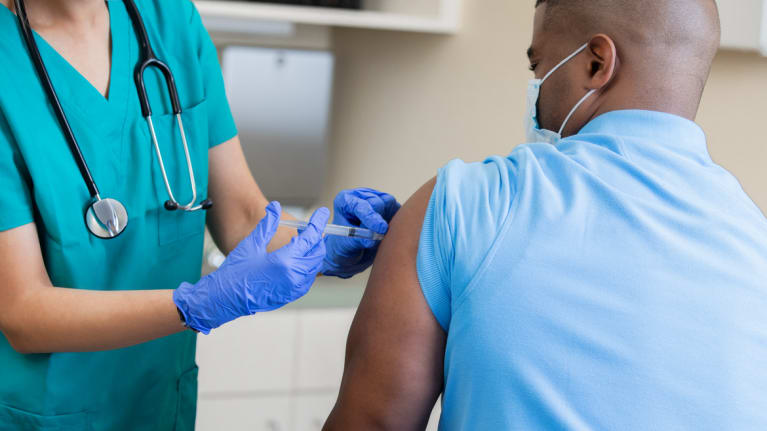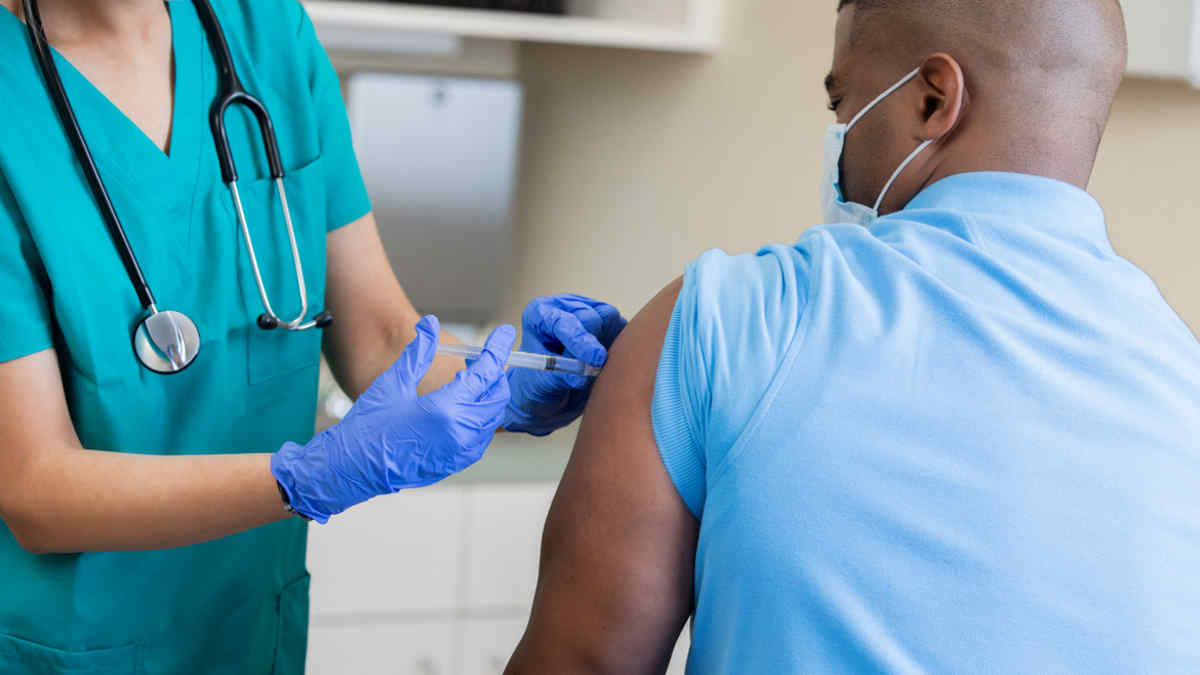

?South Carolina Gov. Henry McMaster has signed into law House Bill 3126, which has implications for public and private employers that continue to require employees in South Carolina to be vaccinated against COVID-19.
The law prohibits public employers in the state of South Carolina from requiring that individuals be vaccinated as a condition of employment. Similarly, schools within the state cannot require attendees to be vaccinated. Private employers in the state can require vaccination, but they must broadly allow for religious and medical exemptions (explained below).
The law prohibits places of public accommodation (such as restaurants, hotels, theaters and concert halls) from requiring that patrons be vaccinated or provide proof of vaccination for entry.
Federal contractors are exempt from the requirements of the law.
The law also symbolically declares any federal vaccination requirement unconstitutional and unenforceable in the State of South Carolina.
Exemptions
Private employers that implement a vaccine requirement must, according to the law, recognize religious and medical exemptions.
To claim a religious exemption, an individual need only “provide his [or her] employer with a short, plain statement” indicating the vaccination requirement violates a tenet of their deeply held religious conviction.
Medical exemptions can include the presence of antibodies, an earlier positive COVID-19 test result or pregnancy. The law is silent on how long prior positive test results or antibodies tests can exempt employees from an employer’s vaccine requirement.
Independent contractors, nonemployee vendors and other third parties simply providing employers with goods and services must be excluded from an employer’s vaccine requirement. The law also allows private employers to offer incentives to employees who elect to be vaccinated.
Unemployment Benefits
The law provides that employees who are terminated or suspended or who suffer a pay reduction for failing to comply with an employer’s vaccination requirement are eligible for unemployment benefits.
COVID-19 Liability Immunity Act
The new law reenacts an earlier piece of legislation, the South Carolina COVID-19 Liability Immunity Act, passed in May 2021. The act provides employers immunity from lawsuits claiming that their employees or patrons contracted COVID-19 in the workplace, so long as the employer is taking reasonable steps to follow public health guidance at the time.
Originally, the act applied retroactively to claims filed between March 13, 2020, and June 30, 2021. The new law expands that period to Dec. 31, 2023.
T. Chase Samples and Cashida N. Okeke are attorneys with Jackson Lewis in Greenville, S.C. © 2022 Jackson Lewis. All rights reserved. Reposted with permission.

